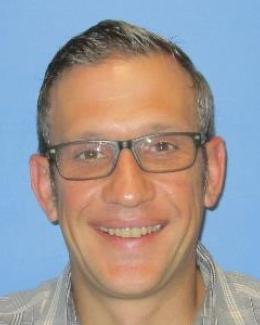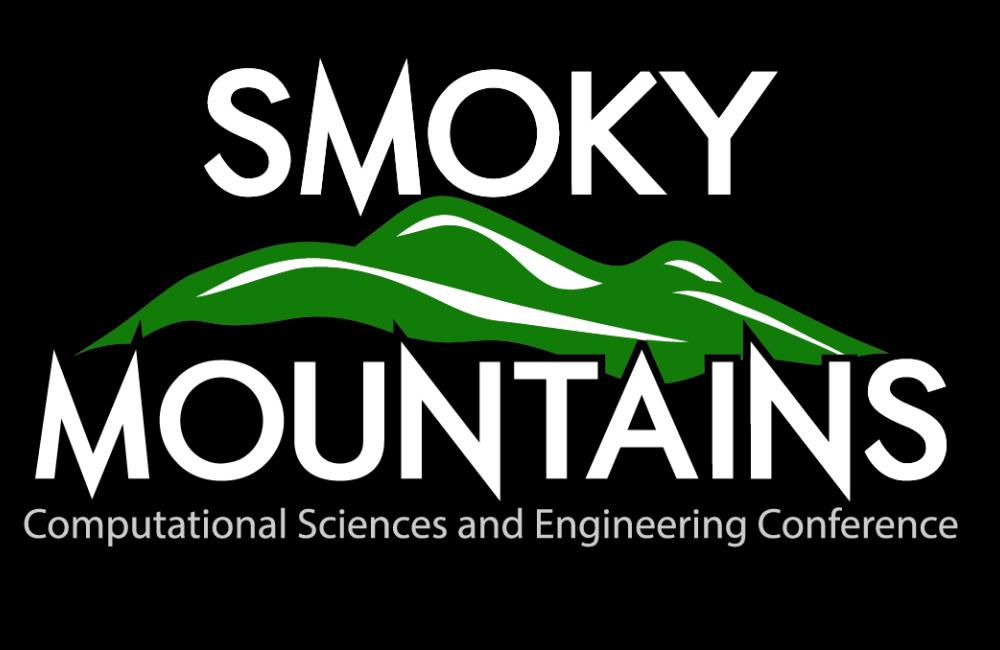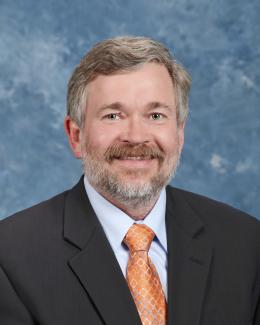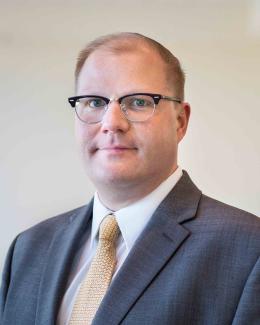The U.S. Department of Energy’s Oak Ridge National Laboratory welcomed scientists from around the world Oct. 18–20 to its 18th annual Smoky Mountains Computational Sciences and Engineering Conference, or SMC2021, to help the high-performance computing community maintain scientific momentum in the era of advanced artificial intelligence and exascale computing.
“The big question is: How do we continue to do the best possible computing in this very intense and complicated environment?” said Jeff Nichols, general chair of the conference and ORNL associate laboratory director for computing and computational sciences. “How do we best use these modeling paradigms that we have at our disposal at the proper scale for science? Those are questions we started asking 18 years ago at the first conference in 2002, and we’re still answering them today.”
The conference brings together scientists, engineers, developers and other leaders from government, industry and academia to discuss the current state and future direction of the computational and data science communities. A total of 375 people attended over the course of the 3-day event. Out of 71 submitted papers and 33 data-challenge submissions, a 134-member program committee selected 28 peer-reviewed position papers from 40 institutions to be published in the conference proceedings.
As in 2020, the conference was held entirely online due to the COVID-19 pandemic.
Sessions at this year’s conference covered the topics of advanced computing methods, advanced computing applications, advanced computing systems and software, and advanced computing platforms deployment. The event kicked off with a sneak peek inside the world of training AI programs for self-driving cars, delivered by keynote speaker Sarah Tariq, vice president of autonomous driving software for NVIDIA Corp.
“A number of the world’s most complex problems revolve obtaining and understanding massive amounts of data using AI and generating even more of this data through simulation,” she said. “We not only need massive amounts of data, but the right kinds of data.”
Nick Peters, head of ORNL’s Quantum Information Science Section, offered a look at the work to build what could be the foundation of a faster, more secure quantum internet.
“Quantum will enhance but not replace classical networks,” he said. “We’ll still need classical networks to support traditional communications.”
Nicolas Dube, vice president and chief technologist for HPE — maker of ORNL’s Frontier, the nation’s first exascale supercomputer — talked about the future of supercomputing in the post-exascale era. The increasing cost of material to build such computers and the extraordinary amounts of data needed to train these AI applications will require new approaches, such as innovations in heterogeneous computing, which leverages a variety of processor types in one system.
“We need to learn to see heterogeneity as an opportunity rather than a threat,” Dube said. “We need to think about an internet of workflows rather than an internet of things.”
A total of 17 teams participated in the fifth annual Smoky Mountains Computational Sciences Data Challenge, which provided a platform for students and experts to analyze real scientific datasets curated and provided by ORNL data sponsors. Teams from more than 20 organizations, universities, and high schools competed in eight categories on research efforts at ORNL in fields ranging from machine learning for COVID-19 research to designing visualizations for more sustainable cities. Awards were given for Best Solution and Best Lightning Talk at the advanced and novice levels, along with an award for the People’s Choice.
“This year’s competition had challenges in the categories of data analytics and edge computing from across ORNL and industry,” said Pravi Devineni, the organizer. “The solutions that participants offered were innovative and exciting.”
Next year’s conference is set for Aug. 23–25.
UT-Battelle manages Oak Ridge National Laboratory for DOE’s Office of Science, the single largest supporter of basic research in the physical sciences in the United States. DOE’s Office of Science is working to address some of the most pressing challenges of our time. For more information, visit https://energy.gov/science.— Matt Lakin





